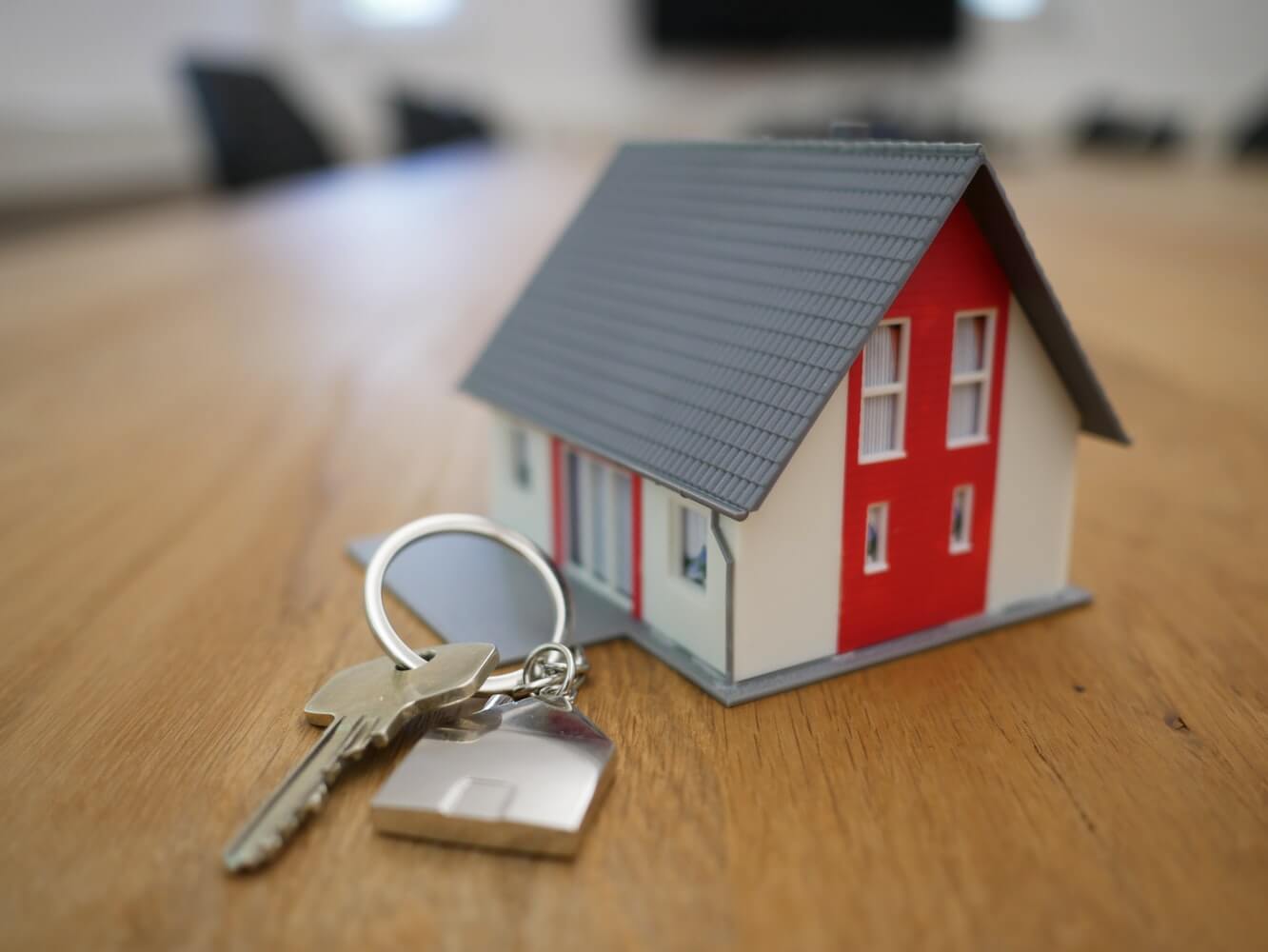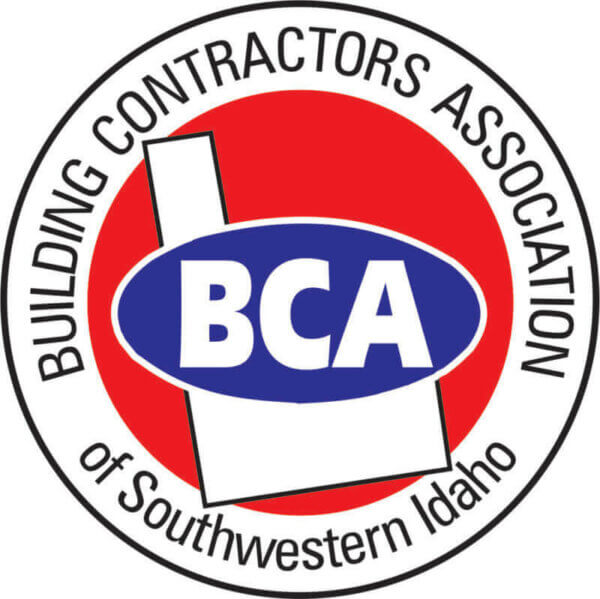Buying a New Home? Check the HVAC System First
For many people, buying a new home can be challenging and emotionally taxing. It can be easy to get swept up in a glut of information, and forget to ask the seller the right questions, especially about the HVAC system. Not getting all of the necessary information ahead of time can leave you holding the bag for potentially thousands of dollars in repairs, so before you find yourself wanting and finding yourself without, make sure you have all of the answers you need to make an informed decision.
Older Homes May Have a Blend of Old/New Components
If you’re considering a home in a brand new subdivision, it’s a pretty good indicator that the HVAC system itself is probably up-to-date and still under warranty. However, in older homes, some components may be newer, while others are older. “Older” doesn’t necessarily mean “bad” (unless the system or select components exceeds the average lifespan of 15 years), but there are a few things to check for when inspecting your possible future HVAC system:
- Check for rust, watermarks, and other signs of outward damage.
- Are newer parts still covered under warranty?
- When were the older components installed?
- What are the average monthly energy costs?
Knowing what you’re dealing with ahead of time will help you budget your monthly bills and planning for future catastrophes. Even then, it’s always a good idea to ask the seller for a warranty that covers the HVAC system for the first year after purchase so you’re not the one footing the bill later.
What to Check for While Walking Through the Home
Even if the HVAC system has no outward damage to speak of, there could still be problems that aren’t readily apparent, such as broken/leaky ductwork or a lack of adequate insulation. The problem with the former is that escaped heated air can cause moisture to build up in walls or ceilings, and the latter easily lets warmed/cooled air right through the walls, making your HVAC system work harder to compensate.
Check the roof and the walls for watermarks or rust. Even though pipes are typically hidden in the wall, a crack will result in watermarks appearing on the outside wall.
Check for mold or mildew. Is the air heavy throughout the home? Does it smell of mildew or other decay? This could indicate a problem with the HVAC system that may not be visible, but can lead to costly repairs if left unchecked.
Inspect the attic for adequate insulation and ventilation. The attic can become the biggest trap of heat and moisture in the home during the most extreme parts of the year, As long as there is a thick and intact blanket of insulation on the attic floor and any exposed ductwork, you’re good.
Talking to the Seller
After going through the home and taking note of any concerns you have regarding the HVAC system, there are a few things you may want to consider before agreeing to purchase the home:
- If the HVAC system is over 15 years old, ask them to upgrade it.
- If you find any broken components, ask them to fix or upgrade them.
- If insulation is missing or damaged, ask them to replace it.
It is within your right as a prospective buyer to ask the seller to rectify any issues before purchase, but if they refuse, it’s not the end of the world. Ask them to lower their selling price in lieu of fixing the issues, and if they still refuse, it’s probably best just to walk away. Problems with an HVAC system can be ongoing and leave you footing the bill each time, so pay attention and don’t be afraid to haggle or say “no” in the name of homely comfort.






